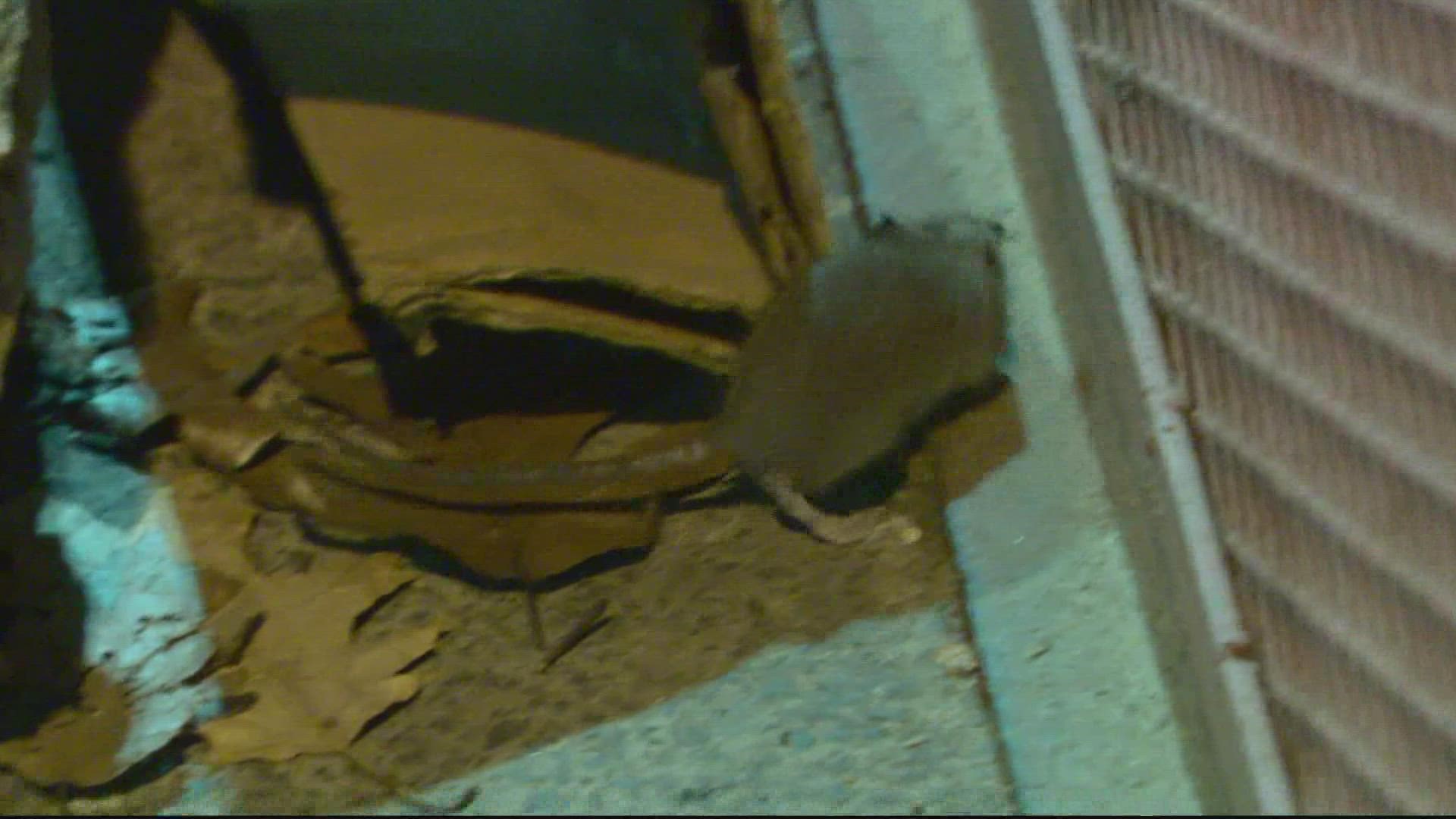WASHINGTON — To Washingtonians living here for years or new to the District, rats have become a known neighbor–but they don’t have to be, says the DC Department of Health.
THE QUESTION:
Has Washington D.C. stepped up its rodent control?
THE SOURCES:
- Gerard Brown, DC Department of Health’s Program Manager of Rodent and Vector Control
- 3-1-1 Call Data
THE ANSWER:
Yes, the Department of Health is tracking more calls for rodent control in 2022 than previous years.
WHAT WE FOUND:
Even before Washington once again made the list on a ranking of “rattiest” cities in America, behind Chicago, New York, and Los Angeles, the conversation online turned to asking: Has D.C. stepped up its rodent control?
“You know, I heard people say, I live in a city, there’s supposed to be rats,” said Brown. “I say, no.”
Gerard Brown has been battling D.C.’s rats for the Department of Health for 25 years, and he says over the last few years, their efforts have ramped up.
“We measure by the number of complaints, he said. “The complaints have been going up.”
DC Department of Health reports about 8,107 calls for rodent complaints in 202, and more than 11,391 in 2021. We checked in this week and learned in 2022 so far, they’ve already gotten 12,698 calls.
He believes this is in part due to a pandemic-response change in routine, with more food waste coming from homes and apartment buildings.
“Since the pandemic, what we noticed is when people living, working from home, Grub Hub, Uber Eats, they tend to have more trash than they normally would when you go to work,” he said. “There are a whole lot of things involved in that: people are home, they see more, you know, in their backyards and the alleys because they’re home, you know, stuff they wouldn't have seen if they would have work.
But an increased number of calls–is a good thing, Brown says, adding that they aim to respond within five days when they learn of a problem area.
“We'll come out and do an inspection. And then if we find the active rat burrows when we are trading, and then we'll do education and outreach and looking for sanitation issues.
The Department of Health doesn’t trap rats, or use poison meant to be eaten–predominantly opting for a lethal powder shot into burrows. Sometimes developments or communities will set up their own pest control measures, but Brown recommends calling the city for help *even* if the issue is on private property.
Brown says their main tool is education.
“Sometimes people call us and we go out and do an inspection, and we discover that they actually are contributing to the problem. You know, and so we try to change behavior,” he said. “
“Food waste is food for the rats.”
Brown offers a few suggestions:
- Avoid throwing food waste in trash cans, and use your garbage disposal instead possible
- Wait to bring food waste out to the trash til pickup day
- Collect garbage in a bin with a lid
- Call 3-1 to report issues
“They are genius, you know, they can survive, and they will survive,” Brown said of the rats. “If we don't help them, you know, we can reduce them.

